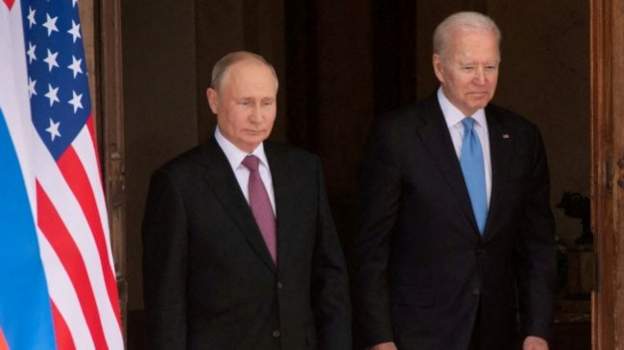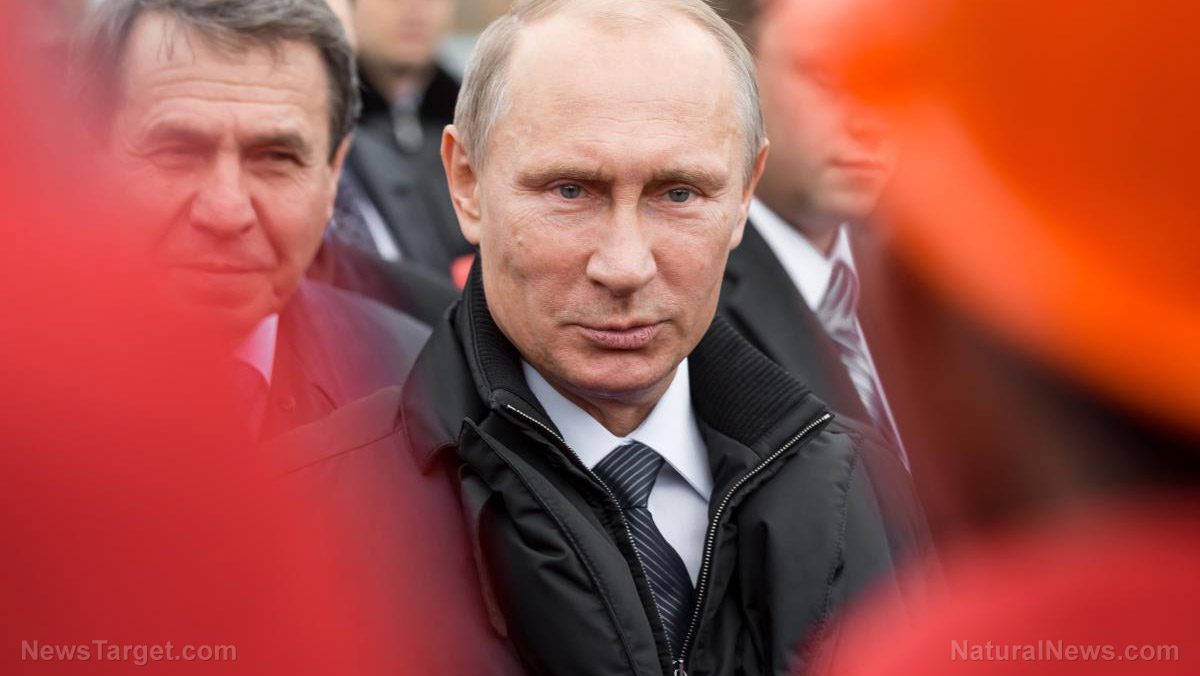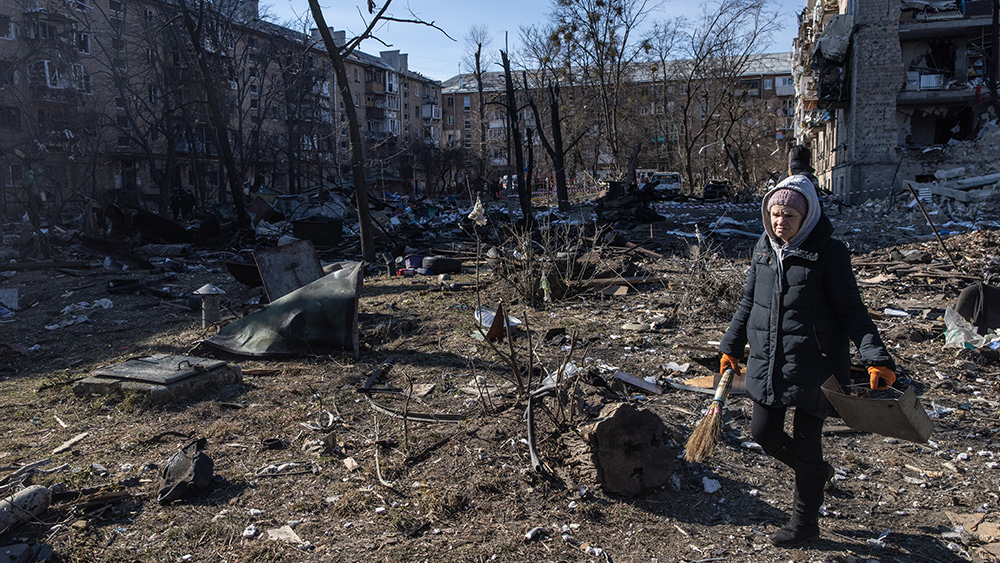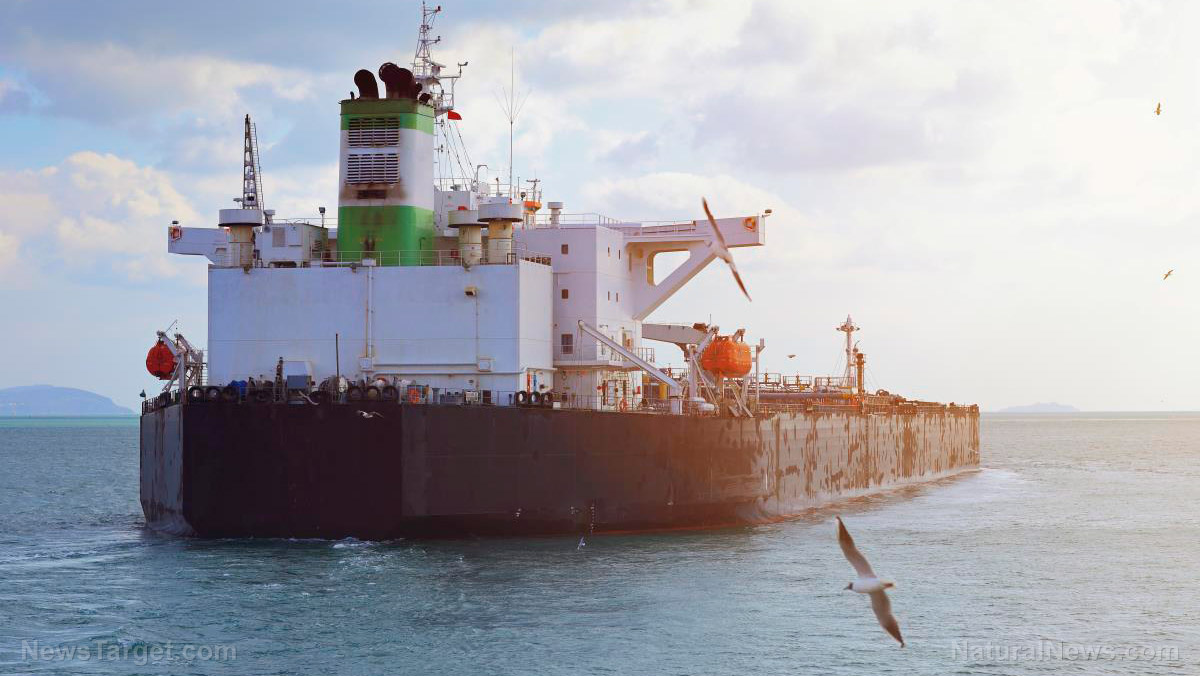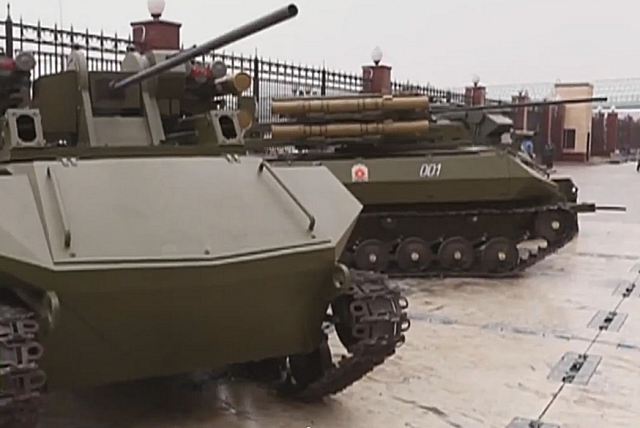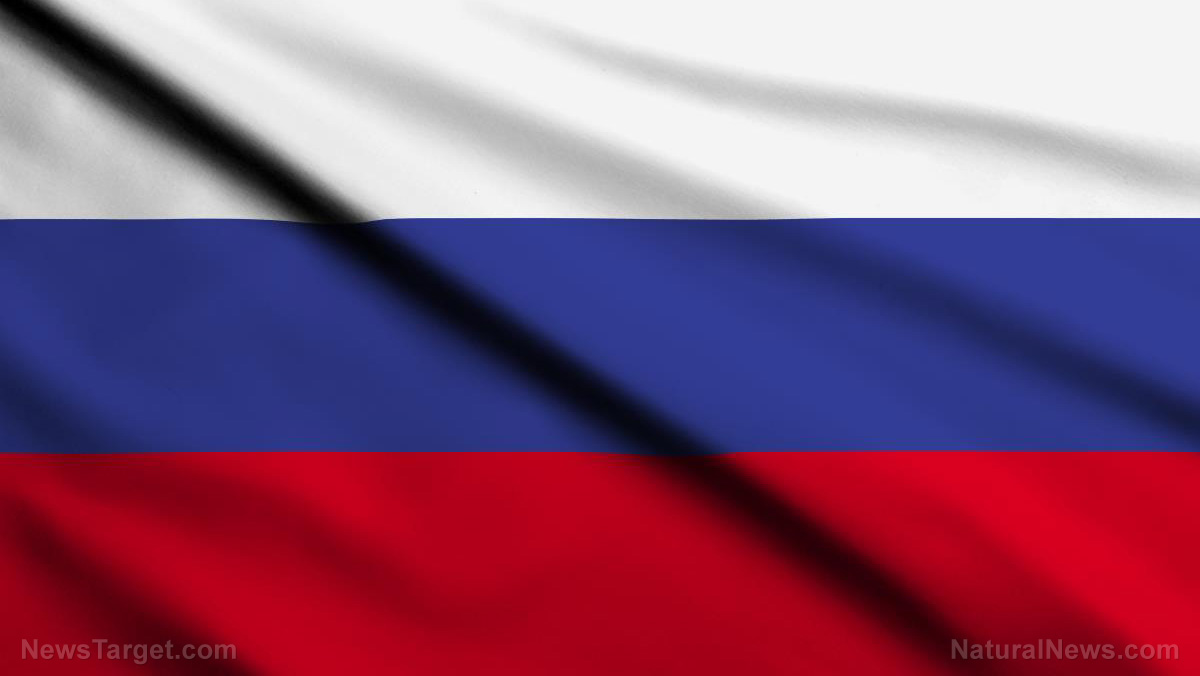Worldwide famine looms as Russia-Ukraine conflict drags on
05/24/2022 / By Belle Carter

An article published by British weekly newspaper the Economist hinted that political unrest will spread, children will be stunted and people will starve as the Russia-Ukraine conflict drags on.
“The high cost of staple foods has already raised the number of people who cannot be sure of getting enough to eat by 440 million to 1.6 billion. Nearly 250 million are on the brink of famine. If, as is likely, the war drags on and supplies from Russia and Ukraine are limited, hundreds of millions more people could fall into poverty,” the article stated.
The publication echoed Michael Magdovitz, an analyst in Rabobank’s Agri Commodities Markets Research team, who has been warning of biblical famine since March last year.
“It takes a world to feed a world, and the way the world does it is through trade. By some estimates four-fifths of the global population live in countries which are net importers of food. More than 20 percent of the world’s calories, and more than 18 percent of its grain, crosses at least one border on the journey from plough to plate,” Magdovitz said.
Ukraine is the breadbasket for much of the Middle East and North Africa. At the moment, the war is preventing Ukrainian grain from leaving the port of Odessa and traveling along other key Black Sea routes. This has resulted in skyrocketing global food prices and millions of people starving.
The United Nations (UN) has warned that the war in Ukraine has helped stoke a global food crisis that could last years if it goes unchecked, as the World Bank announced an additional $12 billion in funding to mitigate its “devastating effects.”
UN Secretary General António Guterres said shortages of grain and fertilizer caused by the war, warming temperatures and pandemic-driven supply problems threaten to tip tens of millions of people over the edge and into food insecurity as financial markets saw share prices fall heavily again on fears of inflation and a worldwide recession. (Related: Russia-Ukraine war will further worsen global food shortage as poor nations face starvation, unrest.)
IMF: Catastrophic wheat shortages risk sending millions to brink of starvation
As the world has just 10 weeks’ worth of wheat left, the International Monetary Fund (IMF) has warned catastrophic wheat shortages risk sending millions to the brink of starvation and setting off a wave of migration.
“The costs of further disintegration would be enormous across countries,” the IMF’s Managing Director Kristalina Georgieva, Chief Economist Gita Gopinath and Director of the Strategy, Policy and Review Department Ceyla Pazarbasioglu wrote in a blogpost.
“And people at every income level would be hurt – from highly-paid professionals and middle-income factory workers who export, to low-paid workers who depend on food imports to survive. More people will embark on perilous journeys to seek opportunity elsewhere.”
The three agreed that countries, companies and households will be more secure if they have more varied supply chains that are resilient to economic shocks, rather than cutting links to the rest of the world.
“We can start now by lowering trade barriers to alleviate shortages and lower the prices of food and other products,” they wrote. “Not only countries but also companies need to diversify imports – to secure supply chains and preserve the tremendous benefits to business of global integration.”
They also proposed strengthening the global system by lowering trade barriers, creating new timelines for clearing debt, creating a new worldwide digital payment platform and making a greater effort to tackle climate change.
Read more stories like this at FoodSupply.news.
Watch the below video as Senator Joni Ernst warns of impending famine because of the Russia-Ukraine War.
This video is from the Chinese taking down EVIL CCP channel on Brighteon.com.
More related stories:
IMF: Russia-Ukraine war may FUNDAMENTALLY ALTER economic, political order worldwide.
Putin warns of “lightning-fast” response if America, West try to intervene in Ukraine war.
Sources include:
Submit a correction >>
Tagged Under:
agriculture, chaos, crops, food collapse, food rationing, food shortage, food supply, global food crisis, harvest, IMF, inflation, panic, products, recession, Russia-Ukraine war, scarcity, supply chain crisis, trade, UN, wheat shortage, World War III, worlwide famine
This article may contain statements that reflect the opinion of the author
RECENT NEWS & ARTICLES
COPYRIGHT © 2017 WWIII NEWS







